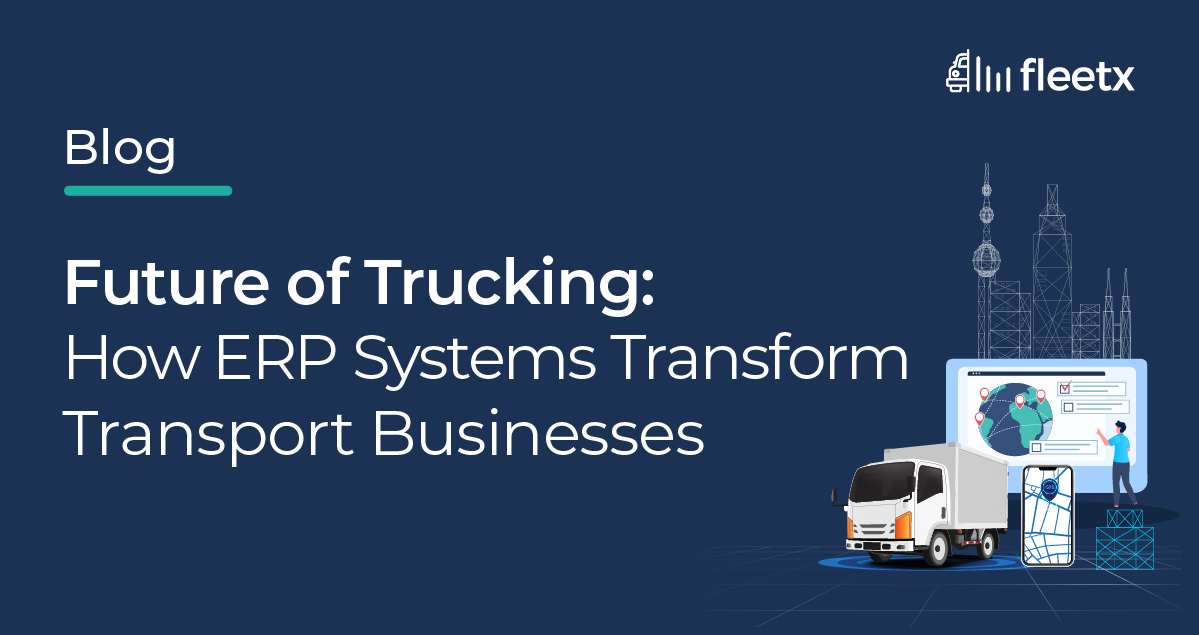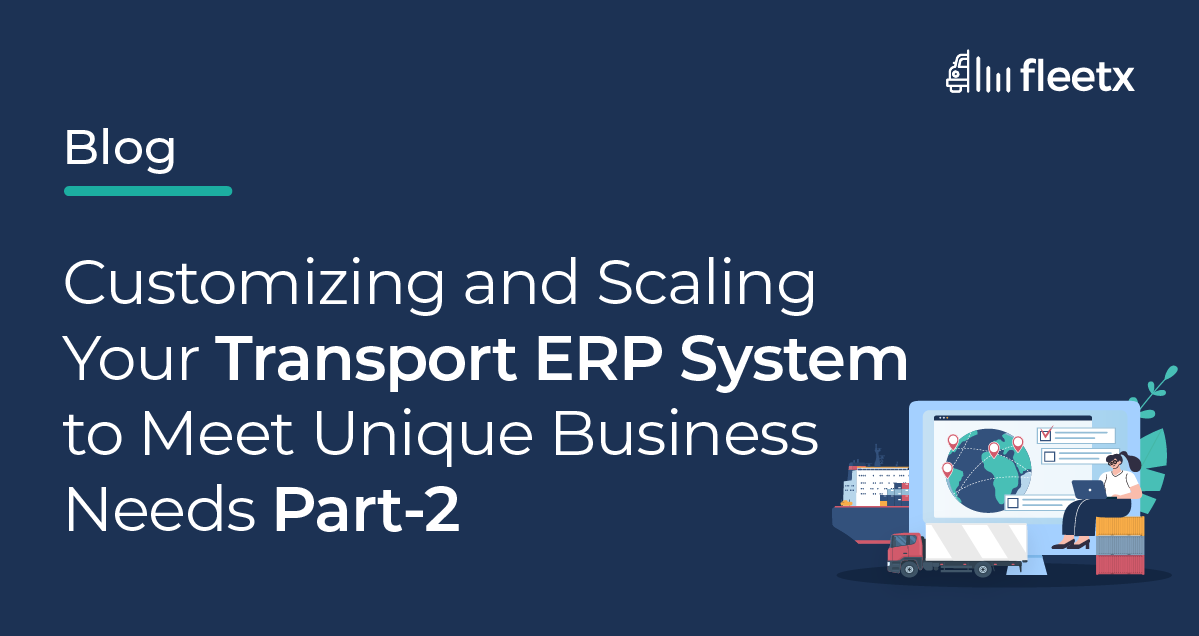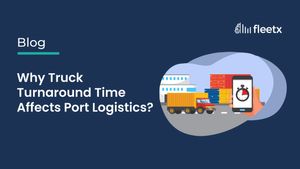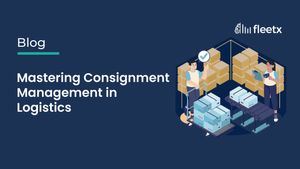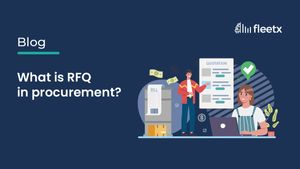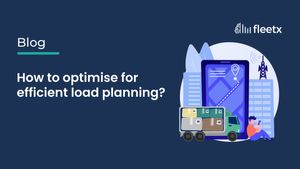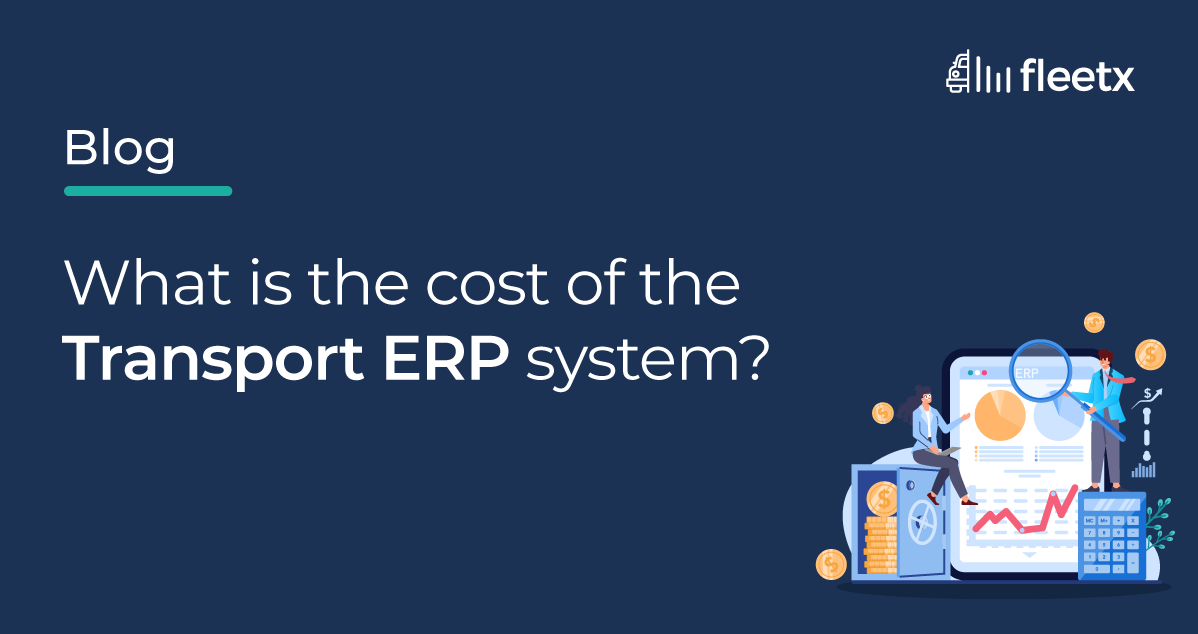
Implementing an ERP solution is an investment that can bring many benefits to your organization; from streamlining your business processes to improving decision-making, the right ERP system will transform the way you operate. However, with so many options available in the market, it can be challenging to decide which program is the best fit for your business. We are here to make that process easier; this article will breakdown the TCO (Total Cost of Ownership) of ERP solutions, and discuss why it is important to make the right decision when choosing between marketplace erp products and alternatives.
Marketplace vs. Alternatives
Marketplace ERP products from Oracle, SAP, and Microsoft are systems designed to help businesses manage various business functions such as finance, supply chain management, and human resources. These products are generally targeted towards medium to large-sized businesses that have complex requirements and require a robust solution to manage their operations. However, they come with a higher price tag compared to alternative ERP solutions, which are more accessible to smaller businesses with limited budgets.
The appeal of an erp system is that it offers the option to customise a solution that matches the specific needs of the business. Therefore, do not underestimate how important it is to do the homework and choose wisely between the two options. These are the factors to consider:
- Industry Fit: Marketplace products from established vendors like Oracle and SAP often offer functionalities tailored to traditional industries. If your organization operates in this market, a marketplace product may provide industry specific features and compliance requirements built in, saving you further customization efforts. An alternative system will also be able to support your requirements depending on the industry- like ours, in the logistics industry.
- Scalability: Both Marketplace and alternative ERP systems are designed to scale up your business. Marketplace products are recommended if your organisation has ambitious growth plans and/or operates on a large scale, but depending on your unique business needs, an alternative ERP system can also offer the scalability and performance capacity required to grow.
- Customization and Flexibility: Alternative options, such as open-source ERP systems or smaller vendors (like us!), provide greater customization options and flexibility to tailor the system to your specific business processes. If your organization has unique requirements or prefers a highly customizable solution, alternative options might be more suitable.
- Total Cost of Ownership (TCO): Consider the upfront costs, ongoing maintenance and support expenses, customization needs, and potential vendor lock-in. Alternative options offer more cost-effective solutions, especially for small and medium-sized businesses with limited budgets and infrastructure.
Ultimately, the decision should be based on a careful evaluation of your organization's requirements, budget, long-term goals, and the specific features and benefits offered by both marketplace products and alternative options available in the Indian market.
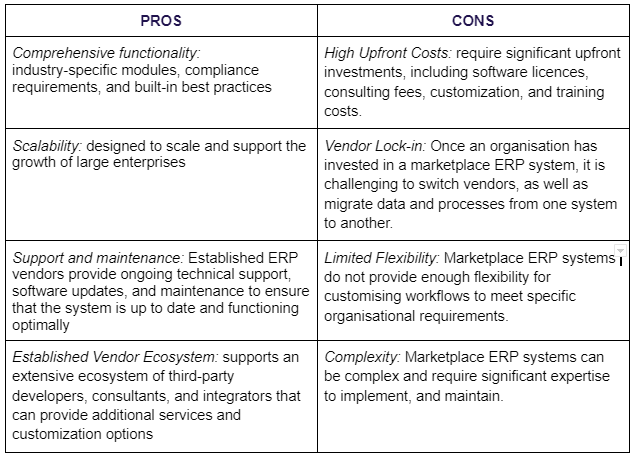
Why choose Fleetx ERP?
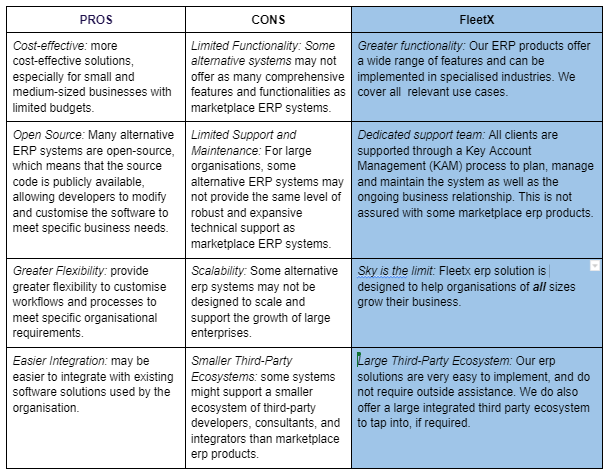
How is TOC calculated?
Considering the total cost of an ERP system before implementation is crucial because it helps organizations understand the financial impact and feasibility of the project. It will allow you to plan and allocate resources effectively, ensuring a successful implementation without facing unexpected financial burdens. These are some of the standard expenses that you can expect:
- Licensing and Implementation Costs: Make sure to understand the upfront costs associated with ERP software licenses, including the number of user licenses required and any additional modules or functionalities needed. Additionally, consider the costs related to implementation, such as consulting fees, customization, data migration, and training.
- Maintenance and Support Costs: Determine the ongoing costs for maintaining and supporting the ERP system. This includes annual maintenance fees, software updates, technical support, and any potential customization or integration requirements in the future.
- Infrastructure Costs: Assess the infrastructure requirements for hosting the ERP system. Consider whether it will be deployed on-premises, in the cloud, or as a hybrid solution. Each option has different cost implications for hardware, server maintenance, security, and scalability.
- Integration Costs: Evaluate the costs associated with integrating the ERP system with any other existing software solutions currently being used by the organization. This includes any required interfaces, data migration, and potential middleware or integration tools.
- Training and Change Management Costs: Consider the expenses related to training employees on the new ERP system, including initial training and ongoing user support. Additionally, factor in the costs of change management activities to ensure smooth adoption and minimize resistance.
The Bottom Line
Suffice to say, when considering an ERP solution, it is important to factor in cost as one of the key considerations. While marketplace ERP products such as SAP, Oracle, and Microsoft are an expensive investment, they have the resources to offer multiple features and functionalities. However, with competition firing innovation, many alternative players are making a name for themselves; even though we are young, fleetx has established itself as a strong contender in the logistics erp market. They provide greater customisation and flexibility, can cater to businesses with smaller budgets because are a more cost-effective option and offer you the opportunity to scale your business. Regardless of the choice you make, it is crucial to evaluate the specific needs of your organization and ensure that the ERP solution you choose is scalable and adaptable to meet both your current, and future needs.


